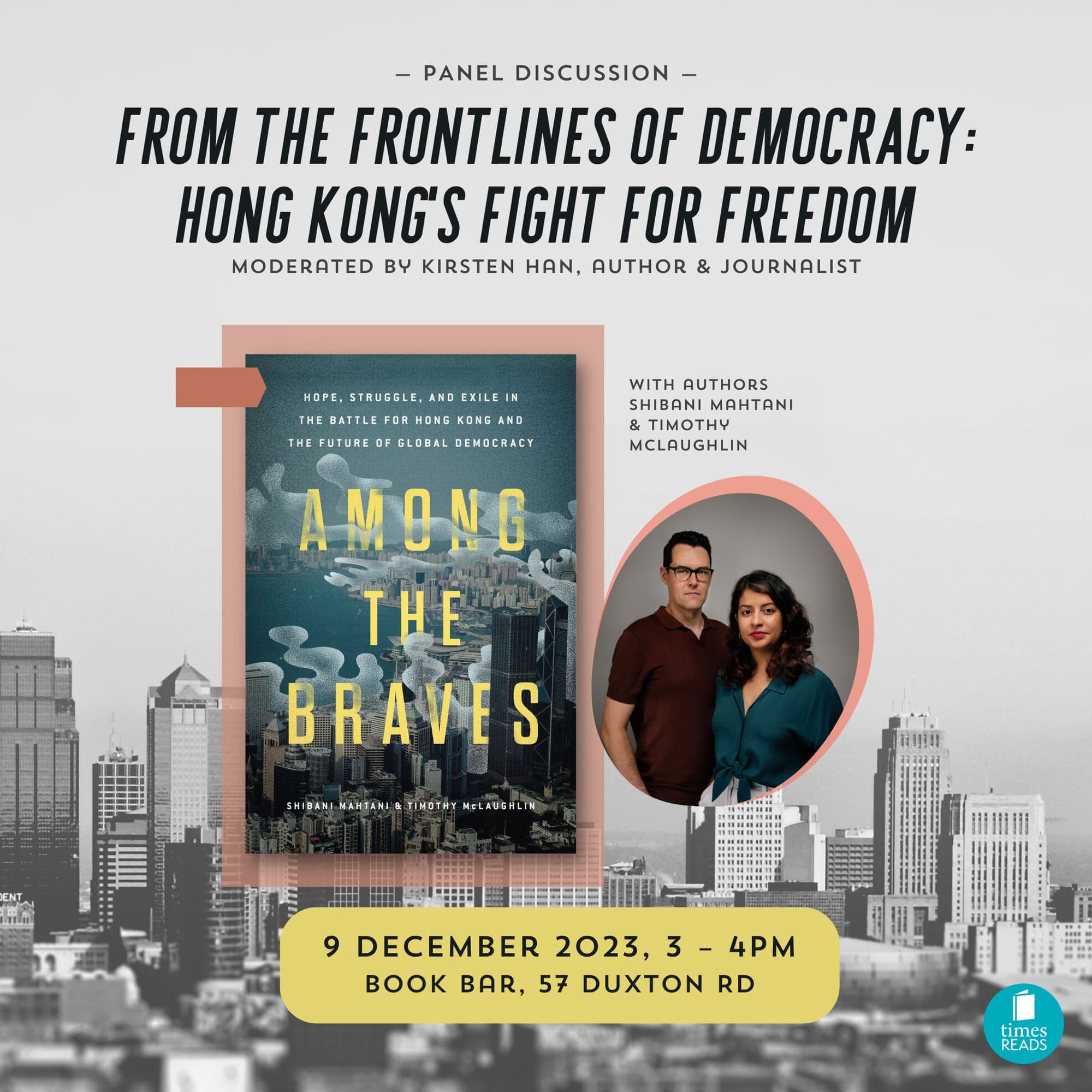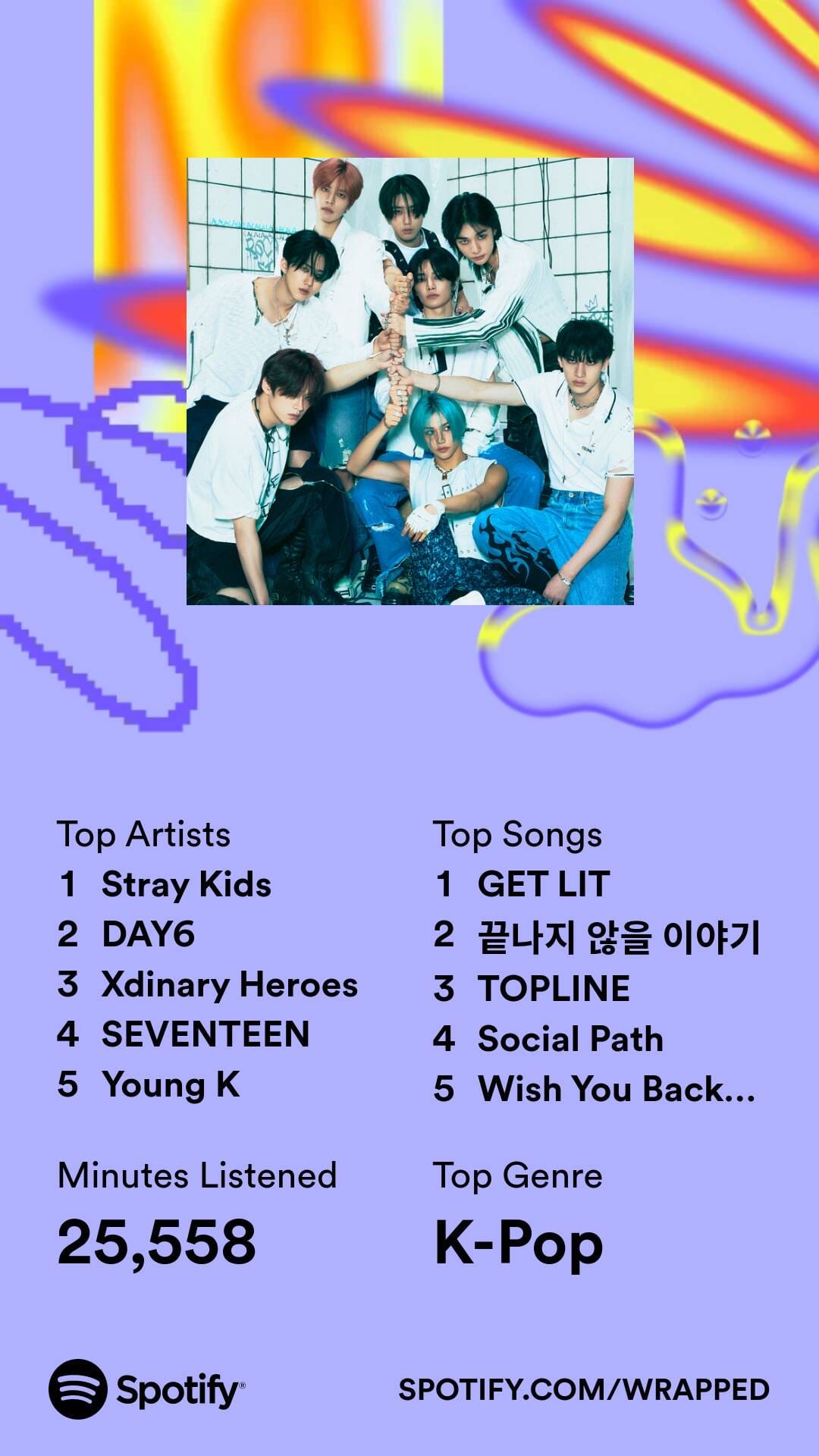Most of you also subscribe to Altering States (thank you!), but in case you missed it, it was World AIDS Day yesterday and I sent out a new issue of that newsletter, which you can read here.
Singapore has a plan, on our eastern coast, like, an East Coast Plan.
A “Long Island” idea has been floated, involving about 800 hectares of reclaimed land along the shore. The plan is to create a closed freshwater reservoir in front of East Coast Park. Technical studies have already started to see if this is feasible.
This concept, Desmond Lee, minister for national development, explained, is part of a need for coastal protection measures. The “reclaimed” land will be at a higher level and further away from our current coastline. And of course, in Value Maximising Singapore, this won’t just be used to protect the coast—Long Island can also be used to “build homes, create jobs, develop services and amenities”. Let me guess… condos and malls?
Experts interviewed by CNA point out that such reclamation work will inevitably cause a decline in marine species and habitats and disrupt ecosystems. Meanwhile, sea sports lovers, who say East Coast Park is the only place left for activities like windsurfing and kitesurfing, are worried about what this might mean for them.
Whenever I hear about land reclamation, I wonder, Reclaimed from where? From whom? “Reclaim” implies that we are taking back what once belonged to us. But this was land that didn’t exist in the first place. We weren’t robbed or cheated of it; we’re conjuring it up out of the sea. And what are we using to do this conjuring? Sand imported from elsewhere, with devastating impact on those communities.
NGOs have been flagging the terrible ecological impact of sand dredging on Cambodia—in response to demand from Singapore—for over a decade now. Singapore says we stopped importing sand from Cambodia in 2016, after that country banned sand exports, but the impacts are long-term. Here’s an excerpt from a 2020 article published on Failed Architecture:
“Over the last ten years, at least 80 million tonnes of sand have made their way from Cambodia to Singapore. Bearing the brunt of the mining operations was the fishing village of Koh Sralao, where extraction was wanton, often occurring without environmental impact assessments, in contravention of existing regulation. The dredging caused a steep decline in fish, crab and shrimp catches; fishing communities could expect to bring in 150 kilograms per day before, which was subsequently reduced to 10 kilograms a day. Unable to make a living from fishing, more villagers sank into debt, funded either from other members of the community or from micro-finance loans from the bank, to pay for daily supplies and equipment. As a result, 25 per cent of the population left the village to find work elsewhere.”
Even if the sand doesn’t come from Cambodia anymore, it’s coming from somewhere. We might claim that our reclamation projects are attempts to mitigate the effects of the climate crisis on Singapore—but whose coastlines, whose communities, are we condemning to further ecological decline and devastation when we import their sand? The people who suffer the effects of this the most are almost never the ones profiting from the sale; instead, their land and their homes are sold from under them. Singapore isn’t reclaiming land from the sea, as if the sea has stolen from us. What we’re doing is taking other people’s land, because we can afford to do it to make our lives safer or more comfortable, with very little consideration of how this impacts others who had so much less to begin with.
There will be no end to this without more urgent and wide-ranging efforts undertaken across the world to address the climate crisis and its impacts. What’s going to happen otherwise? We build Long Island to protect East Coast Park, the climate crisis worsens with relentless urbanisation, development and growth, sea levels continue to rise, Long Island gets affected, its residents complain… then what? Long Long Island?
The High Court has granted a default judgment against Lee Hsien Yang, in favour of the ministers of Ridout Road.
K Shanmugam, minister for home affairs and law, and Vivian Balakrishnan, minister for foreign affairs, sued Lee Hsien Yang for defaming them in comments he posted on Facebook about their renting of state-owned Good Class Bungalows on Ridout Road. They served him via Facebook Messenger (really? They really didn’t have his email address? It’s all over the Lee family correspondence LHY himself put up on Facebook!) and the High Court granted default judgment in favour of the ministers this past week. The court also granted injunctions restraining Lee from “publishing or disseminating the false and defamatory allegations” against the ministers. Lee did not respond to the suits. The damages that he'll be ordered to pay will be determined in a later hearing. He might ignore that too, then how...?
Shanmugam also has a civil lawsuit against TikTok. He says that the social media company failed to help him identify users who had allegedly published false stories about him, accusing him of having had an extra-marital affair with another PAP MP.
"Remember [Ethan] for his goodness, his kind heart, and his peace-loving nature."
An 18-year-old was sentenced to 16 years’ imprisonment after pleading guilty to killing a fellow student with an axe. The parents of the victim requested that the court lift the gag order on his identity, so we now know his name: Ethan Hun Zhe Kai. He was 13 years old when he was killed in a toilet in River Valley High School, a victim picked “entirely at random”.
His family issued a statement through their lawyer: “We are heartbroken. We believe many who (know) Ethan will be too. Yet, we want to encourage everyone to remember Ethan fondly instead. Remember him for his goodness, his kind heart, and his peace-loving nature. Remember that he would want us to be happy.”

See you at this panel discussion on Among the Braves: Hope, Struggle, and Exile in the Battle for Hong Kong and the Future of Global Democracy by Shibani Mahtani and Timothy McLaughlin! I'll be moderating it at Book Bar on 9 December from 3–4pm.

Thank you for reading! As always, feel free to forward this weekly wrap to anyone you like, and spread the word about this newsletter!
